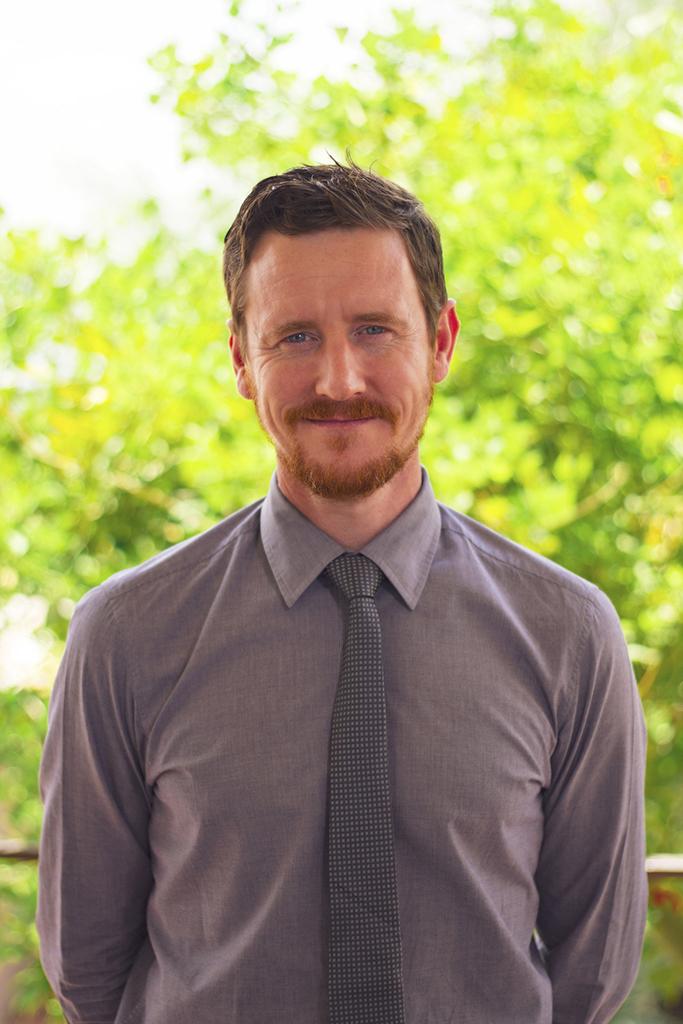Richard Simpson, PhD, FACSM
Professor | School of Nutritional Sciences and Wellness
Department of Pediatrics | Department of Immunobiology
Gouri Bhattacharya Endowed Professor of Pediatric Cancer
The Bio5 Institute
The University of Arizona Cancer Center
ABOUT:
Dr. Richard Simpson completed his training in exercise physiology and immunology at Edinburgh Napier University in Scotland before spending nine years as a faculty member at the University of Houston. He moved to the University of Arizona in 2017 to develop his research program in exercise immuno-oncology. He is currently a full Professor in the School of Nutritional Sciences and Wellness (College of Agriculture and Life Sciences), and holds joint appointments in Pediatrics (College of Medicine), Immunobiology (College of Medicine), the Arizona Cancer Center and the Bio5 Institute. He also holds the Gouri Bhattacharya Endowed Chair of Pediatric Cancer Research in the Steele Children’s Research Center at the University of Arizona. He is the current President and Executive Director of the International Society of Exercise Immunology (ISEI), a fellow of the American College of Sports Medicine (ACSM) and sits on the editorial boards of the following journals: Brain, Behavior and Immunity; Exercise Immunology Reviews (Associate Editor), Immunity and Ageing, and the ACSM journal Exercise, Sport and Movement. Dr. Simpson is a member of the expert committee on mechanisms for the next phase of the World Cancer Research Fund (WCRF)/American Institute for Cancer Research (AICR) Global Cancer Update Programme (CUP GLOBAL), which is working to develop a clearer understanding of the biological processes which underpin associations between diet, nutrition and physical activity and cancer. Since 2005, he has published over 130 peer-reviewed articles and book chapters and has served as the primary mentor for >20 PhD students and postdoctoral scientists. Dr. Simpson has reviewed research proposals for the NIH, NASA, AICR, ACSM and various domestic and foreign foundations, and his current/research is supported by the NIH National Cancer Institute (NCI) and NASA.
RESEARCH FOCUS:
Dr. Simpson’s research is largely concerned with the effects of exercise on the immune system, which he studies in the context of cancer, aging and human performance. Major focus areas include understanding (1) how exercise and other behavioral interventions can offset age-related decrements in the normal functioning of the immune system (immunosenescence), (2) how exercise-induced adrenergic receptor signaling can be used to improve anti-cancer immunity and augment the manufacture and efficacy of cancer therapeutics, (3) the interplay between the immune and neuroendocrine system during high level human performance and extreme isolation (e.g. space travel), and (3) how the immune system can be manipulated to develop potent cell therapies that will help eliminate cancer.
Link to publications:
https://www.ncbi.nlm.nih.gov/sites/myncbi/1nExdq2JBun5p/bibliography/48032284/public/?sort=date&direction=descending
Active Research Support:
R01 CA277493-01
Simpson/Katsanis (MPI)
04/01/2023-03/31/2028
Exercise as an immune adjuvant for gamma delta T cell therapies in hematological malignancies
R01DK130971-02
Snider (PI), Role: Co-I
09/01/2021-08/31/2026
Sphingolipids, Dietary Fatty Acids, and Intestinal Pathophysiology
R01DK132079
Snider (PI), Role: Co-I
04/01/2022-03/31/03/2027
Role for myeloid acid ceramidase in colon inflammation and cancer
80NSSC19K1480
Simpson (PI)
08/05/2019 - 01/31/2023
Promoting behavioral health, cognitive, sensorimotor and immune function using guided imagery to augment exercise training in an isolated and confined spaceflight analog environment
NNX16AG02G
Simpson (PI)
06/01/2016-7/14/2020
The impact of an ISS mission on the anti-viral properties of T-cells, NK-cells, B-cells and dendritic cells
R01 DE029166
Limesand (PI), Role: Co-I
09/20/2019-08/31/2024
Ineffective Wound Healing Responses Enable Chronic Radiation-Induced Salivary Gland Dysfunction
80NSSC19K1603
Tandon (PI), Role: Co-I (subaward PI)
01/01/2020-12/31/2022
Effect of Space Radiation on Cytomegalovirus Reactivation and Lytic Replication
80NSSC19K1059
Simpson/Katsanis (MPI)
05/21/2019-05/20/2020
The impact of simulated microgravity on the anti-tumor properties of human NK-cells and γδ-T cells in vivo: IL-2 and zoledronic acid therapy as a potential countermeasure
NNX16AG02G
Simpson (PI)
06/01/2016-7/14/2024
The impact of an ISS mission on the anti-viral properties of T-cells, NK-cells, B-cells and dendritic cells
NNX16AB29G
Simpson (PI)
10/21/2015- 04/30/2020
The impact of modeled microgravity and acute radiation exposure on cytomegalovirus reactivation and host immune evasion
R21 CA197527
Simpson/Rezvani (MPI)
09/01/2017-02/29/2020
CMV infection and NK-cell therapy for multiple myeloma
NNX12AB48G
Simpson (PI)
11/03/2011-05/02/2018
Effects of Long-Term Exposure to Microgravity on Salivary Markers of Innate Immunity


